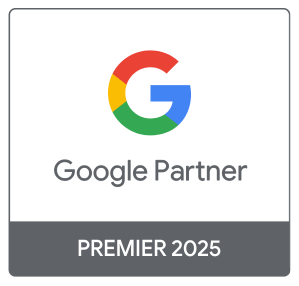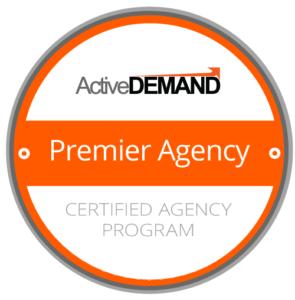Creating and maintaining an accessible website is crucial in the senior living space.
Technology can be a barrier for mature adults as it is constantly changing. Ensuring your website is accessible allows potential residents to reach you online with ease and confidence. Additionally, your ACE score can affect how your website ranks on search engines, like Google.
Your ACE score tells you how accessible your website is and is a great indicator of how easily potential residents, and their families, can get the information they need about your community.
What is an ACE Score?
Your ACE (Accessibility Conformance Evaluation) score is a metric used to evaluate the accessibility of your website. Your website is scored out of 100 possible points (0 being completely inaccessible, 100 being perfectly accessible) and is based on the results of an accessibility audit.
An accessibility audit checks your website against a set of accessibility guidelines and standards. The guidelines typically include criteria related to web content accessibility, such as proper use of HTML tags, alternative text descriptions for images, and support for keyboard navigation.
The higher your ACE score, the more accessible your website is considered to be. It also allows you to identify areas of improvement for content, pages, navigation, and your website as a whole.
Why Does ACE Matter?
Incorporating accessibility into the design and development of a website is easier to do in the beginning. If you have an established website that scores low, it can be more difficult to build upon as opposed to starting with a fresh website.
Your ACE score can provide valuable insights into the accessibility level of your website and help you ensure that your online presence is accessible to everyone, including individuals with disabilities.
The ACE score is just one tool for evaluating website accessibility. There are many other accessibility evaluation methods and tools available, but the best approach depends on your specific needs and goals for each community.
Understanding the Value of Accessibility Online

Accessibility is crucial in today’s digital age.
It’s essential for your website to cater to the specific needs and requirements of potential residents. Not only does this ensure that your clientele can access the information they need, but it also promotes inclusiveness and helps break down digital barriers.
If users on your website have trouble with fine motor skills, low vision, or difficulty hearing, it can be challenging to get the information they need from your website without accessibility measures in place.
How to Improve Your Website’s Accessibility
One of the most significant ways to improve accessibility on a website is to make it easy to navigate. This can include large, easy-to-read text, clear headings and labels, and simple navigation menus.
It’s also important to provide alternative ways to access information, such as audio descriptions, closed captions, or sign language interpretation.
Similarly, using the appropriate contrast between your text and background on every page can help users with visual impairments see your content and distinguish between different page elements.
Additionally, using clear and simple language can make it easier for all users to understand your content.
As mentioned earlier, it’s essential to ensure that they are accessible to those with disabilities. This includes individuals with cognitive, motor, and sensory disabilities, as well as those with conditions such as autism or multiple sclerosis.
By incorporating accessibility into the design and development of your website, you can ensure that all residents, regardless of their abilities, can access the information they need and participate in online activities.
Need Help?
Our experts at CITIZEN can help you create a website that is accessible to all. Contact us today to learn more about how we can help your community thrive in the digital space.





